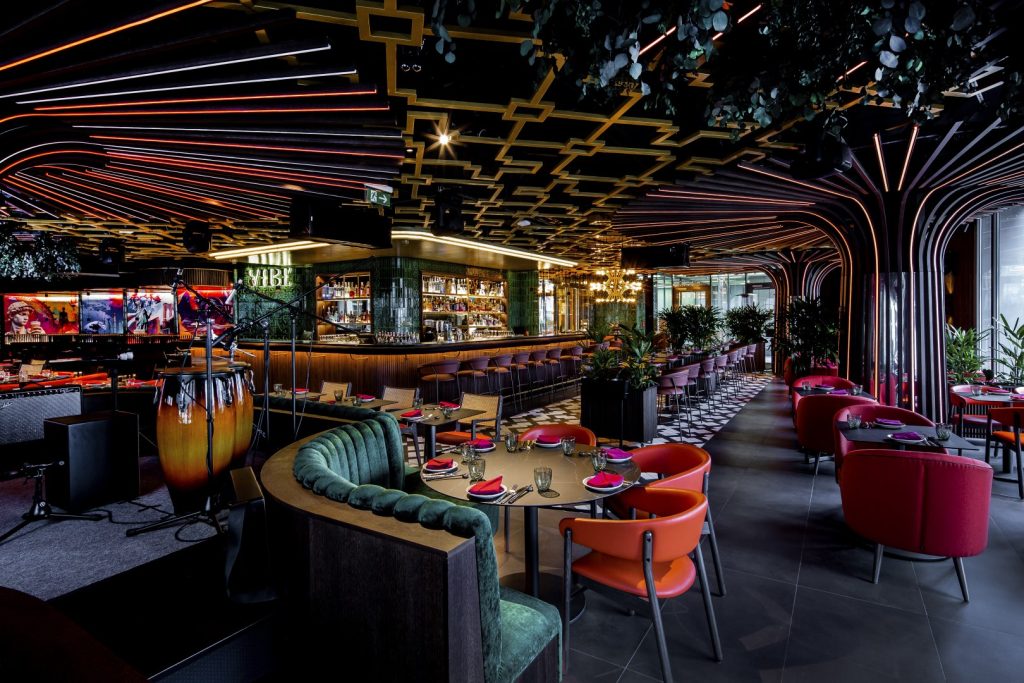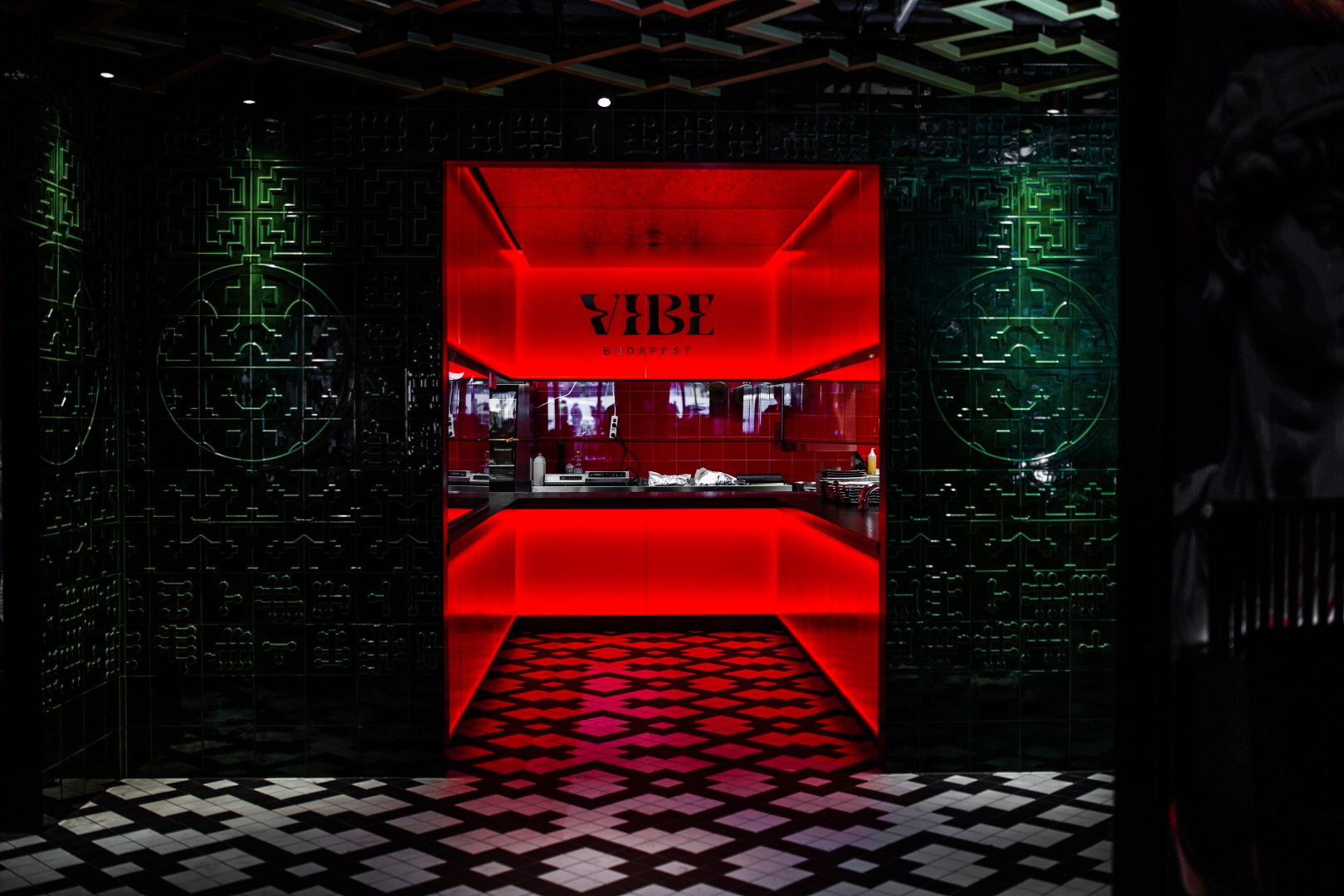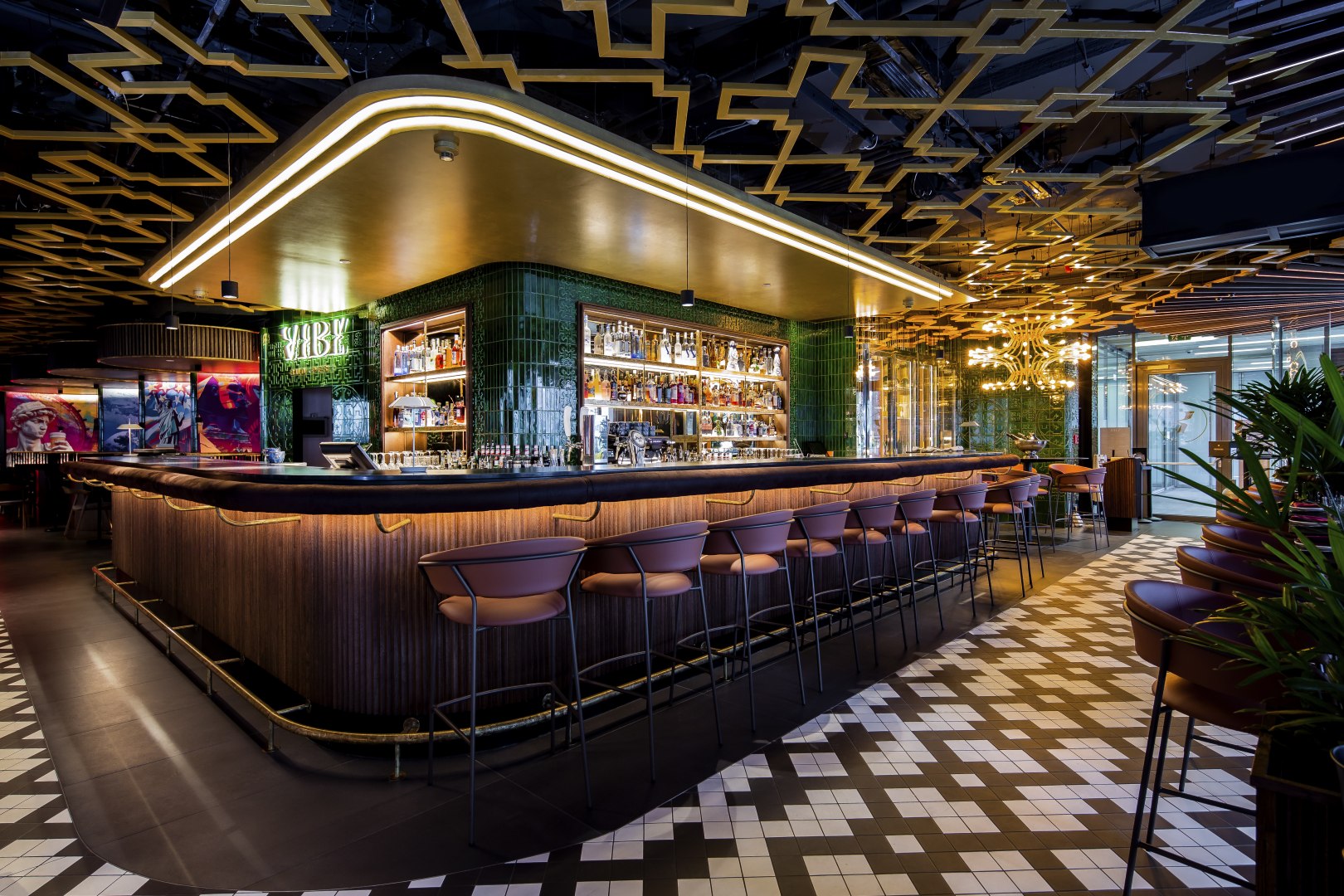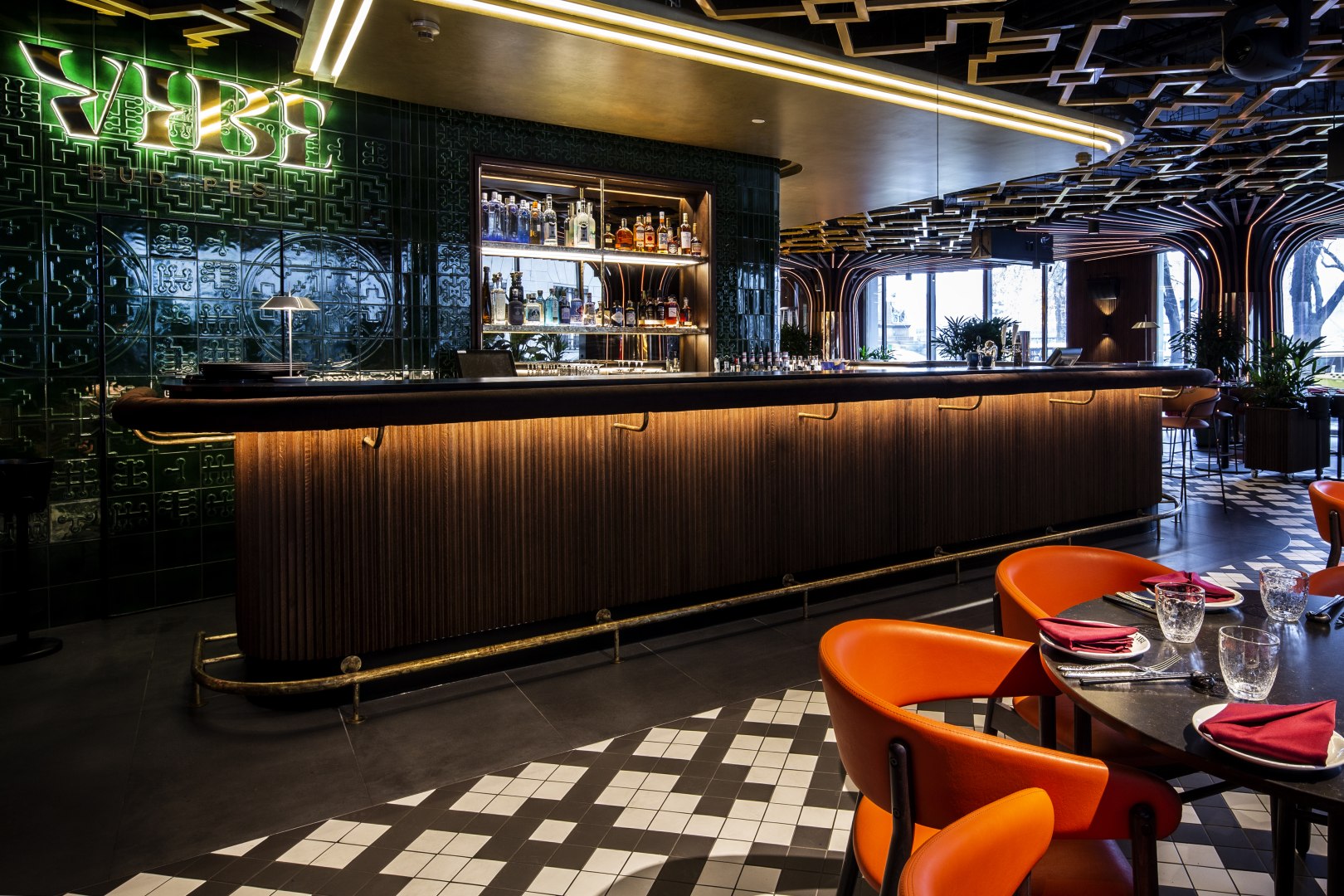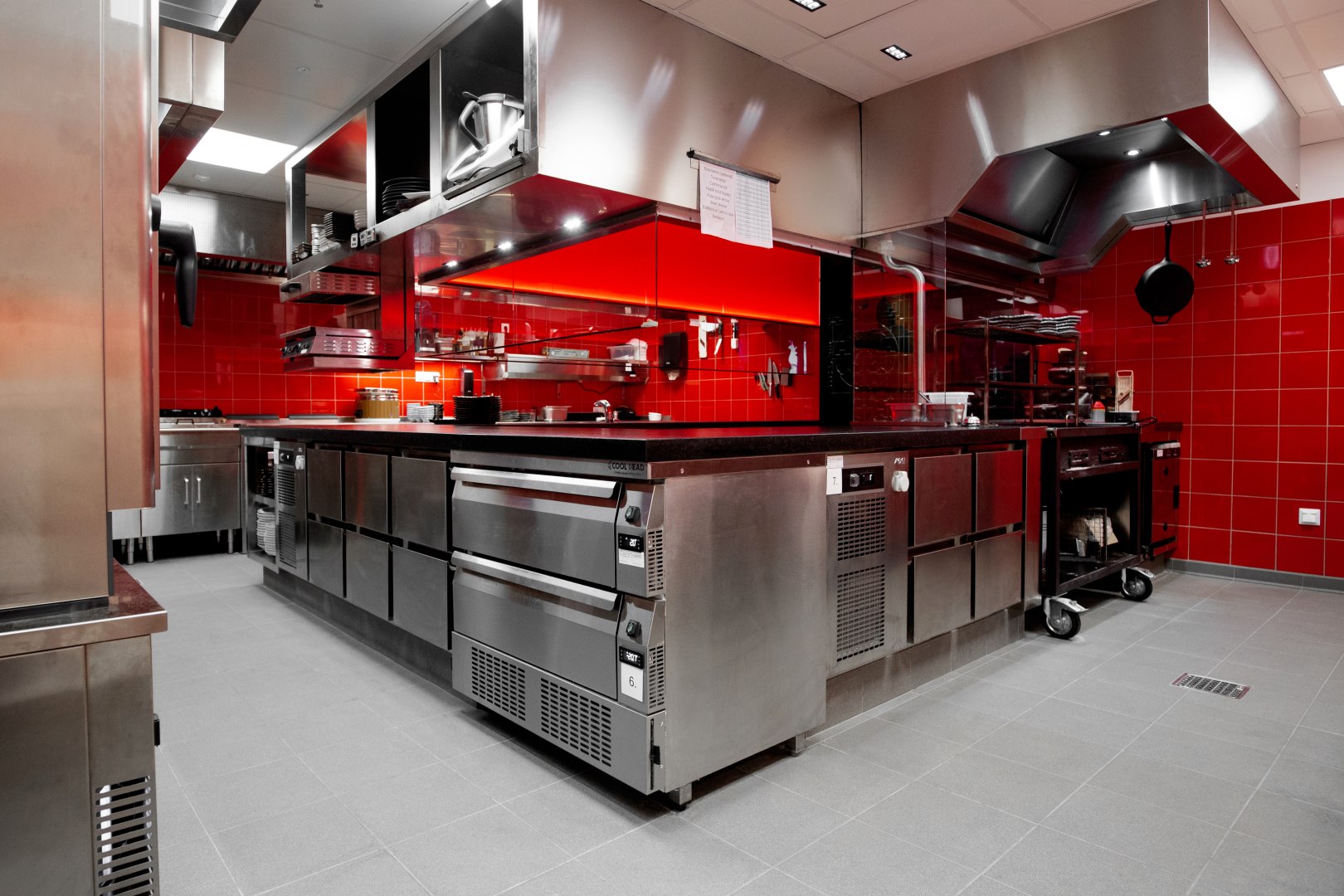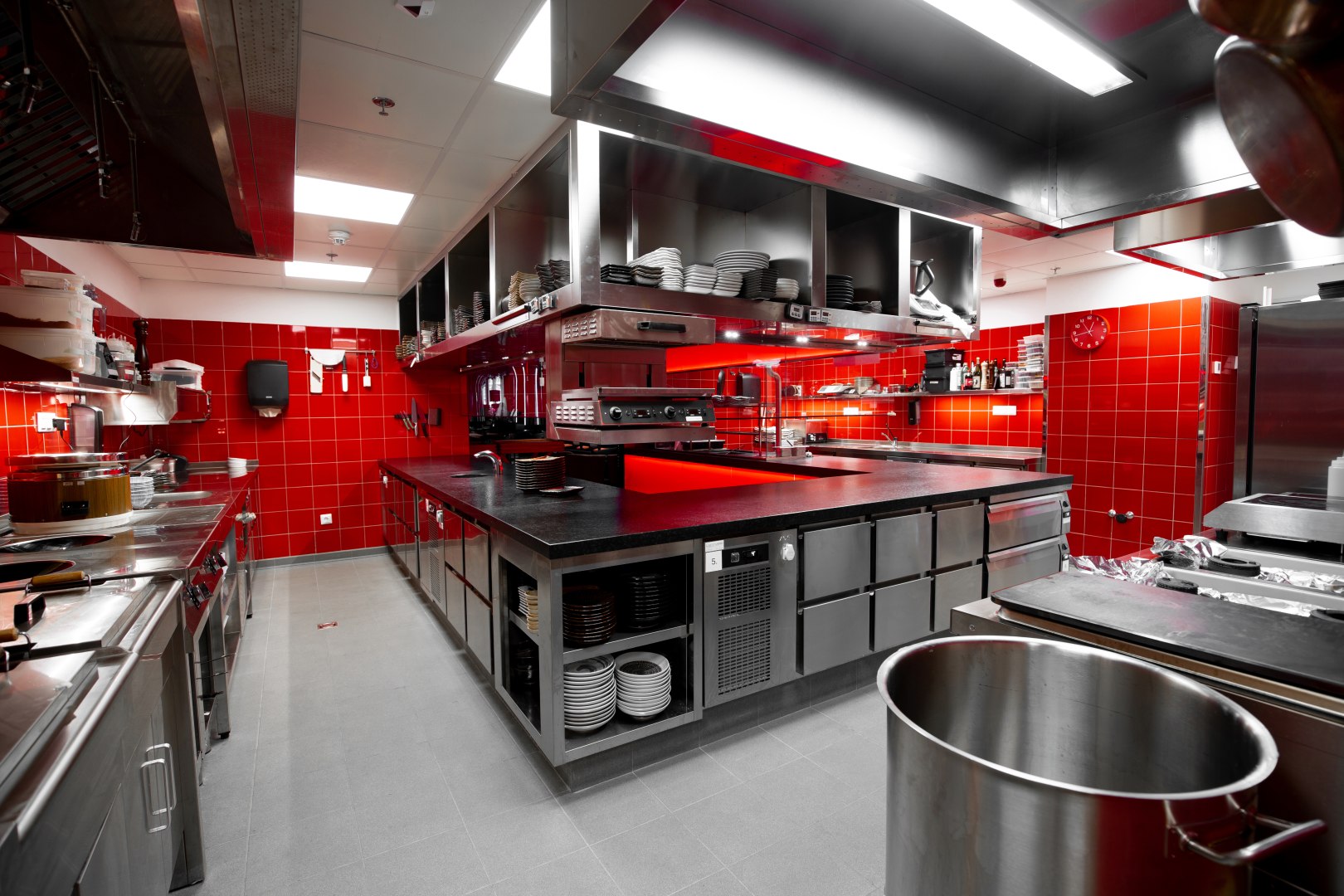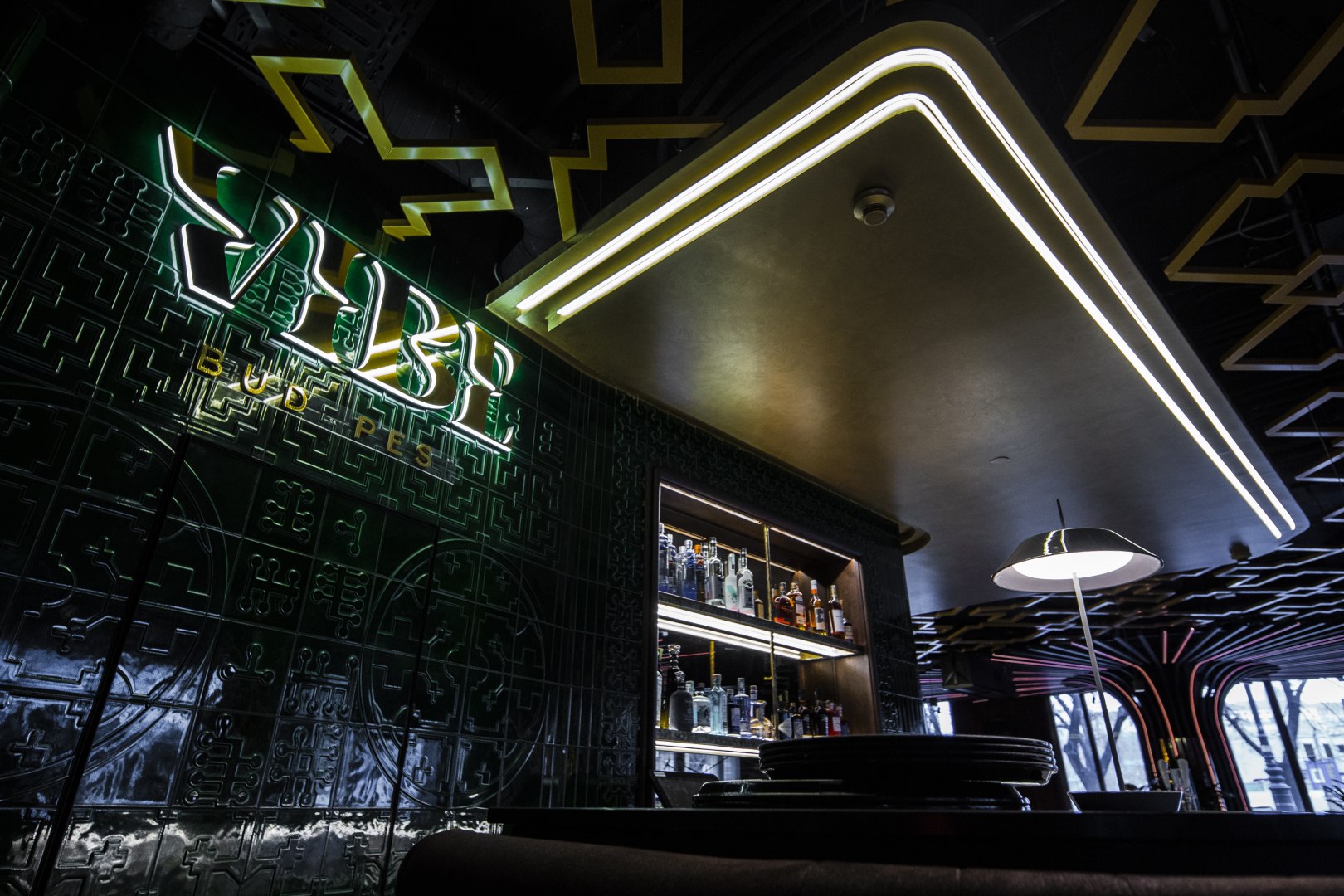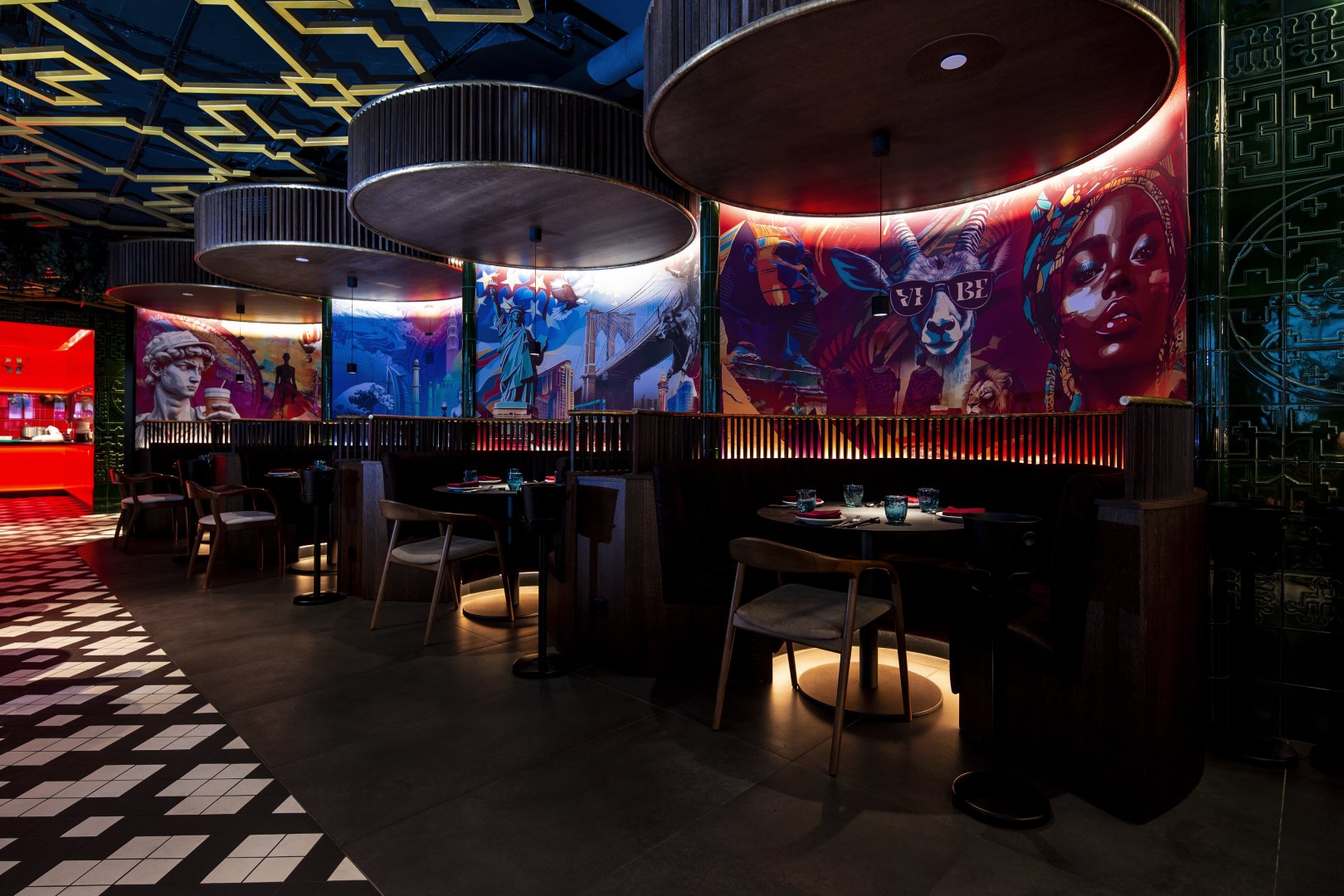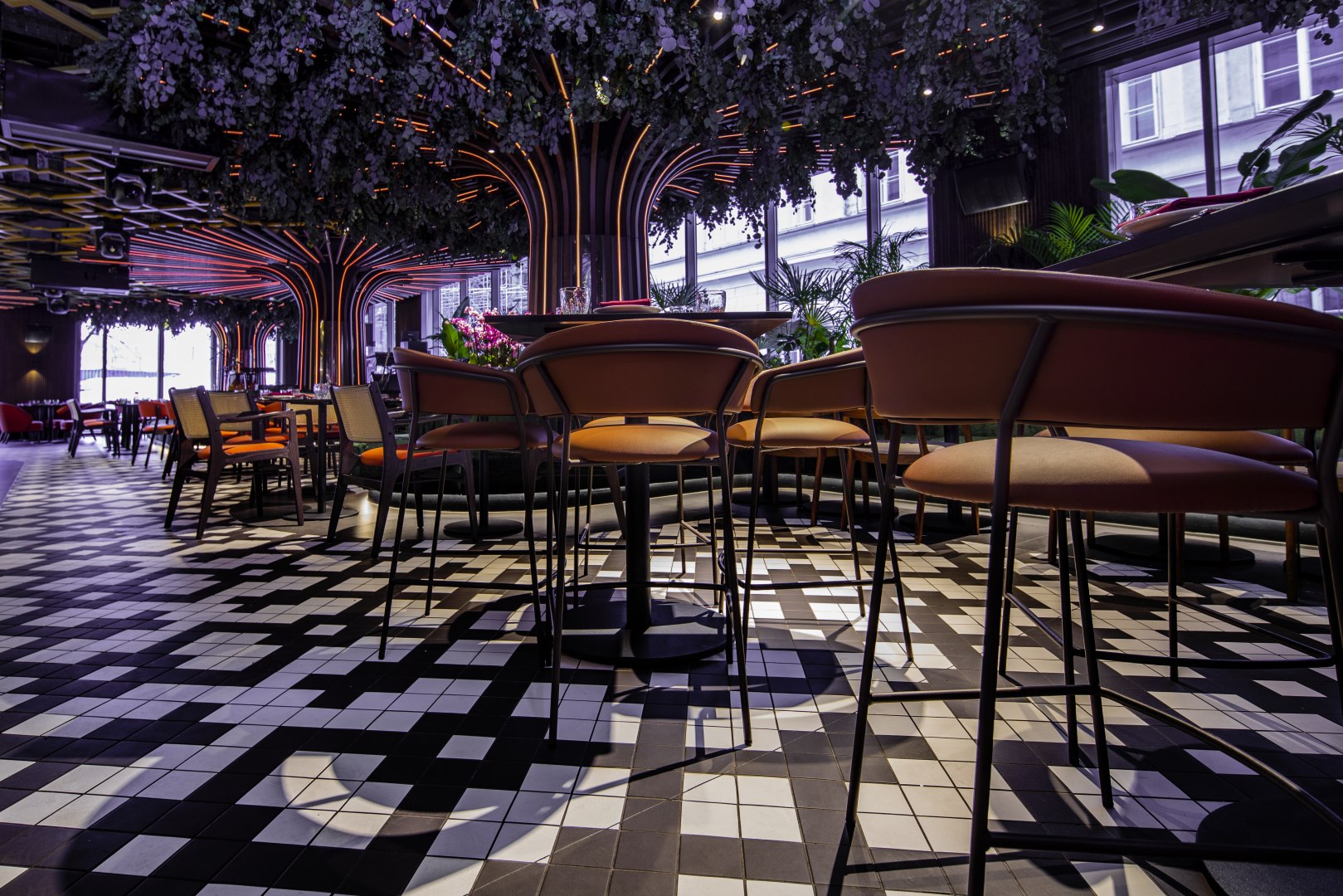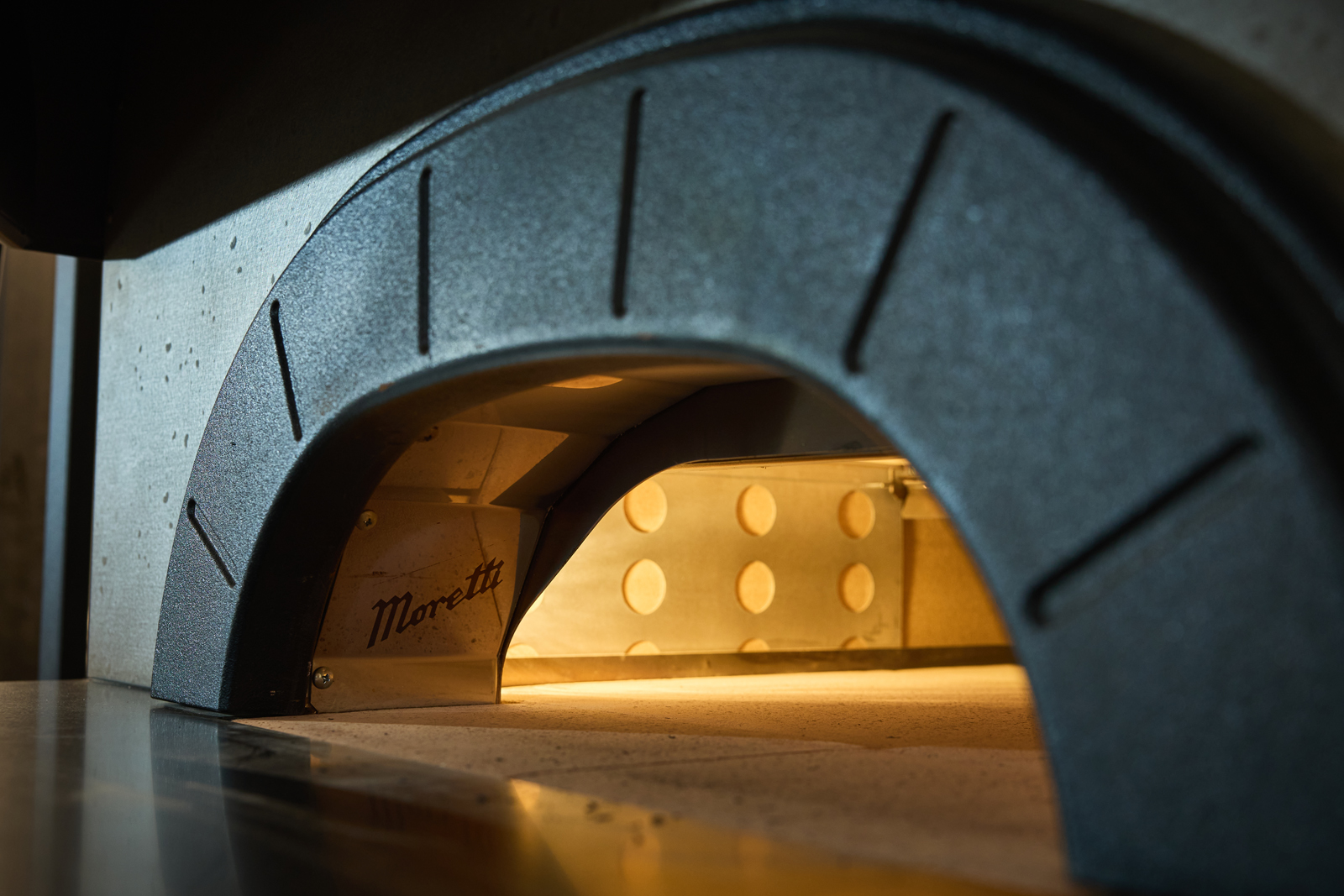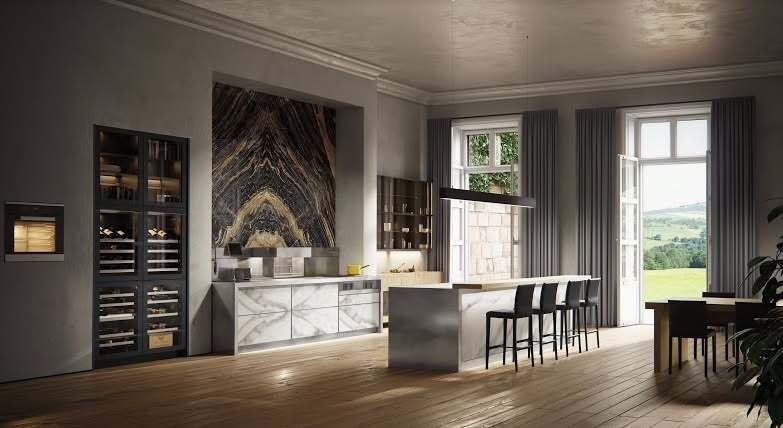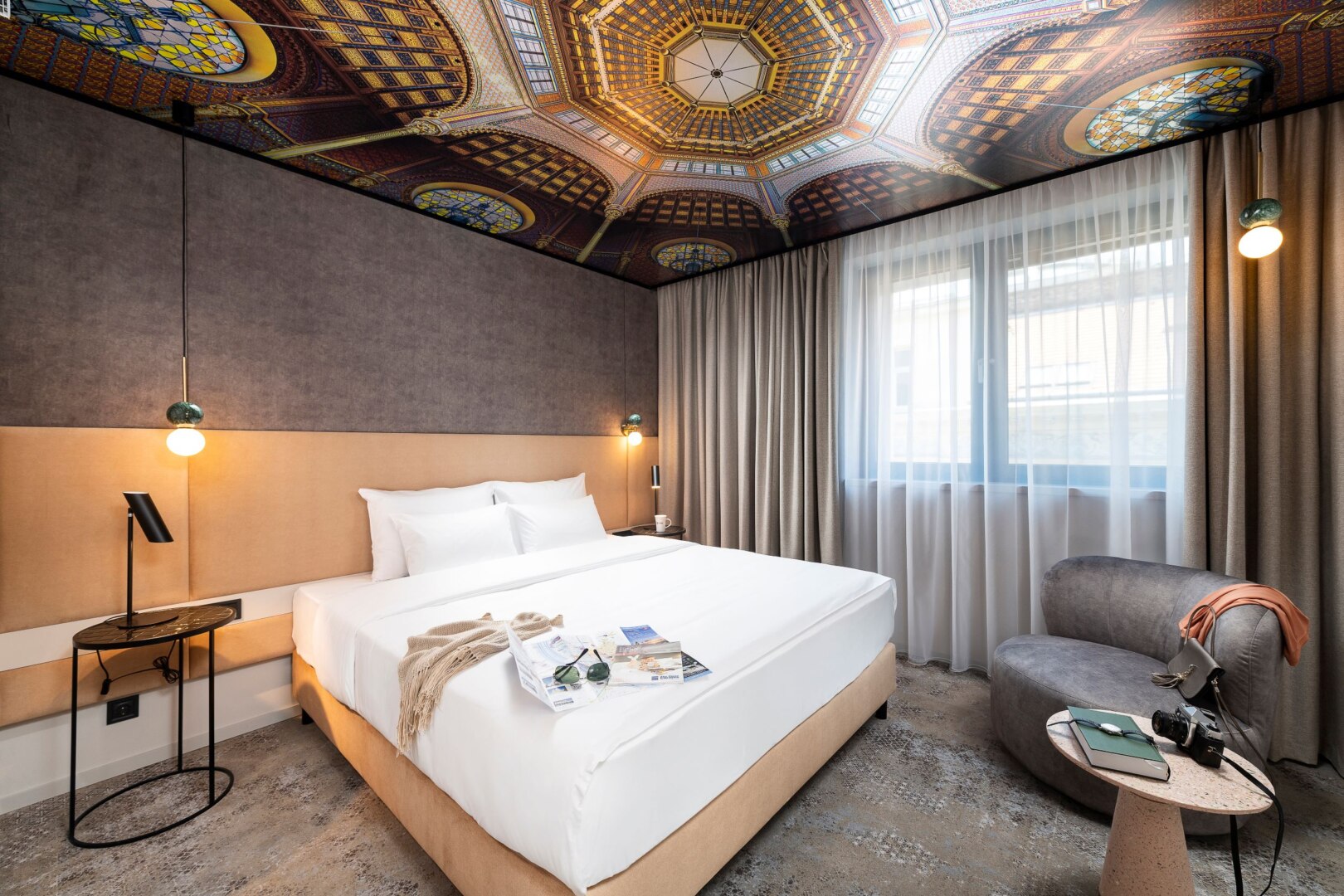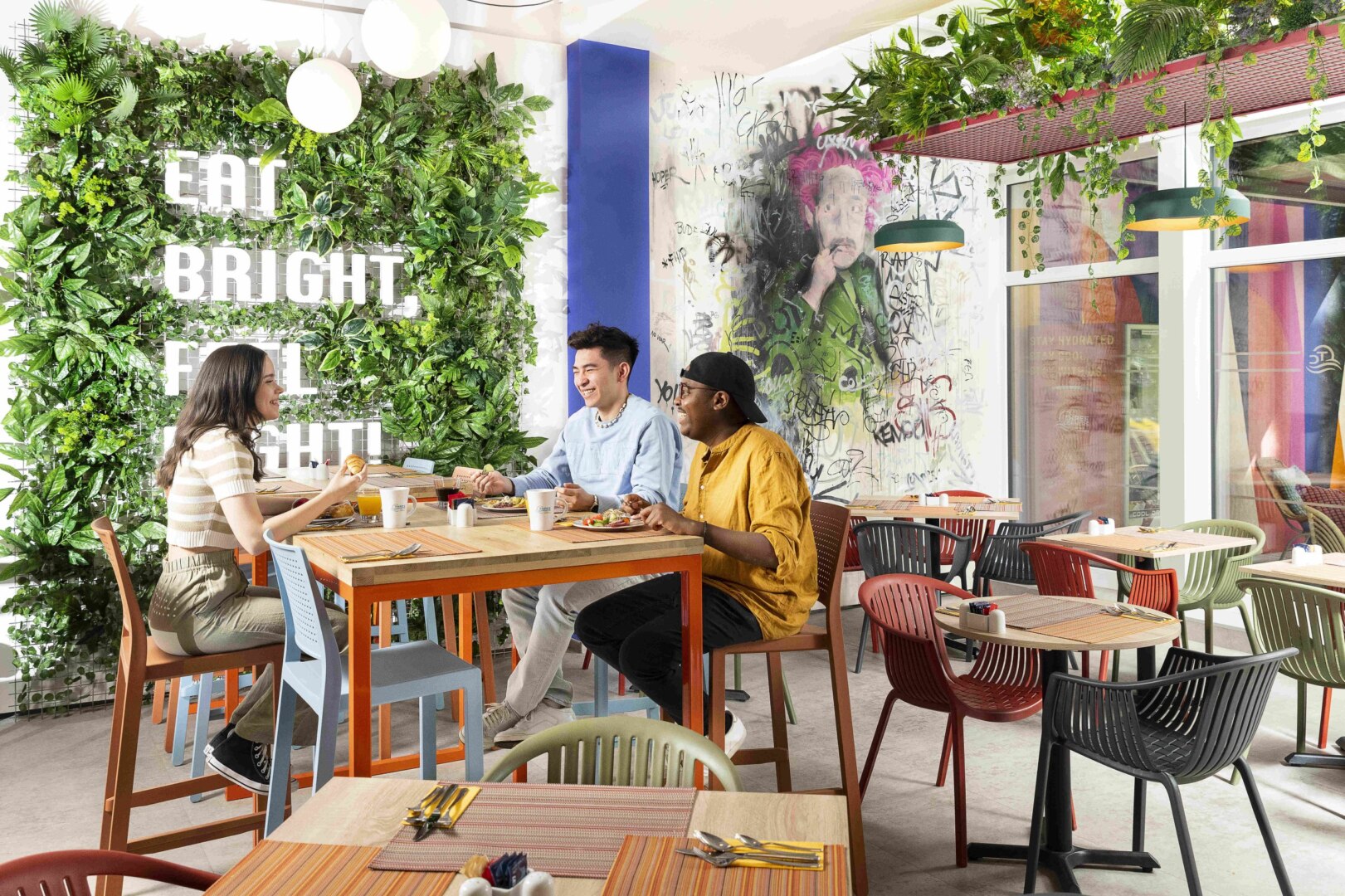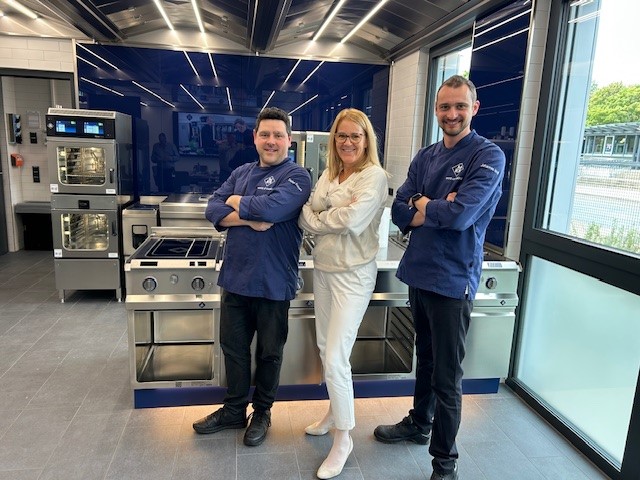Earlier this year, a unique club opened in the centre of Budapest – VIBE Budapest. It is not just a stylish bar or a classy restaurant, but a unique place where live music and culinary experiences are combined. According to the owners of the Costes Group, VIBE Budapest is a fun dining and supper club, a space where the exclusive dining experience and evening entertainment are at the same time the main focus. This concept is still a novelty in Hungary, but it has already been tried and tested in many big cities abroad.
We talk to the CEO of Costes Group, Kornél Tóth-Harsányi, about what makes their new unit special, what unique experience it offers guests, and their relationship with Coninvest, the company that helped design the kitchen.
How does the design of the kitchen adapt to the special catering style dictated by the fun dining and supper club?
Before answering this question, it’s worth clarifying what we mean by fun dining and what is the supper club character? Costes has made its mark on the national and international gastronomic scene as a committed advocate of fine dining. We were awarded the first Michelin star for Costes, and we have been a success story in the world of fine dining ever since. However, we saw that the world was no longer moving towards fine dining but towards something else, something much more relaxed and accessible. So we came up with the idea – based on examples from abroad – to open a place where guests could get a whole other extra experience during their meal: entertain the audience with pop-up performances while they eat. VIBE is not only a music venue, but also a new gastronomic experience that combines dining and partying. The food is served and prepared in a different way: instead of a fixed menu, it is based on a “sharing” concept, where guests can choose from a shared platter of delicacies. All dishes are prepared at the same time – from starters and tapas to sushi and tempura. A special ‘U’ shaped show kitchen has been designed, with the chef standing in the middle, serving the dishes before they are brought to the guests’ tables. The design of the kitchen technology was helped by Coninvest’s state-of-the-art technology solutions – a system that has been seen mainly in Dubai, London or Miami. The result? A dynamic and experiential gastronomic concept where food, socialising and exclusive partying merge into an unforgettable experience.
Let’s go behind the scenes of VIBE! Is there any special kitchen equipment or workflow that helps you create flavours from different international cuisines – Mexican, Italian, Asian, Hungarian?
One of the key elements is the barbecue area. Where a Mongolian-style charcoal grill ensures the perfect cooking technique. Interestingly, this track is run by a specialist who originally worked as a butcher, so the quality of the meat dishes is guaranteed. As the grill is open-flame, the kitchen uses a special, powerful ventilation system to ensure that the air remains clean and that the chefs’ clothes and hair do not pick up the smoky smell of charcoal.
The size of our kitchen is also impressive, with 12 cooks working at any one time, alongside a chef and waiting staff to ensure that every meal is prepared to the highest standards for 200-240 guests every evening.
How was the menu created? What criteria were used to create the dishes?
Originally, VIBE Budapest was going to be a restaurant offering entirely Nikkei cuisine, but in the process of creating the menu we realised that it was worth targeting a wider audience. But it’s worth saying, what is the Nikkei cuisine that we originally planned? It’s a fusion of Japanese and Peruvian gastronomy, born from the culinary traditions of immigrants to Peru from Japan. It is based on Japanese precision and technology, which meets the fresh, vibrant ingredients and intense flavours of Peruvian cuisine. The result is a unique culinary style in which sushi, ceviche, miso and chilli coexist in perfect harmony. Well, we have fine-tuned this basic concept to ensure that every guest can find the perfect dish for them, whether they are a gourmet with conservative tastes or a gastronomic adventurer.
The breakdown of the dishes on the menu ended up like this:
- 60% classic, well-known and popular dishes (e.g. sushi, tempura, steak),
- 25% unique versions of these classics with an exciting twist,
- 15% more daring gourmet dishes that most of our guests will be trying for the first time.
The goal was to make VIBE Budapest not just a dining destination, but a gastronomic experience where experimenting with flavours and discovering new culinary experiences is also important.
Sustainability is a key issue in modern gastronomy. How is this achieved in the kitchen of VIBE Budapest?
For the Costes Group, environmental sustainability is a priority and we strive to ensure that our restaurants, including VIBE, leave as small an ecological footprint as possible. To this end, we have introduced a number of sustainability measures that not only reduce our environmental footprint, but are also effective long-term solutions.
Our concrete steps in this area include:
- Bio-composting: to minimise kitchen waste, we use a Bibo branded bio-composter to recycle the organic material generated.
- Environmentally friendly dishwashing: of course we also wash with chemicals, but in a sustainable and environmentally friendly way – with Bibo products, which are made from agricultural products.
- Minimal packaging: we only work with suppliers who take care to keep the amount of packaging materials to a minimum.
- Use of flow water: instead of bottled water, we use a flow water system, which is environmentally friendly and more sustainable.
- Maximum use of raw ingredients: 90 percent of the raw ingredients are fully recycled, so only 10 percent of the waste goes to the composter. For example, citrus peel is not thrown away, but used as an ingredient in various food and beverage products.
- Conscious choice of ingredients: our approach is so strict that, for example, bananas are not included in any of our dishes or cocktails because the banana peel would be thrown away – and we consciously avoid this waste.

